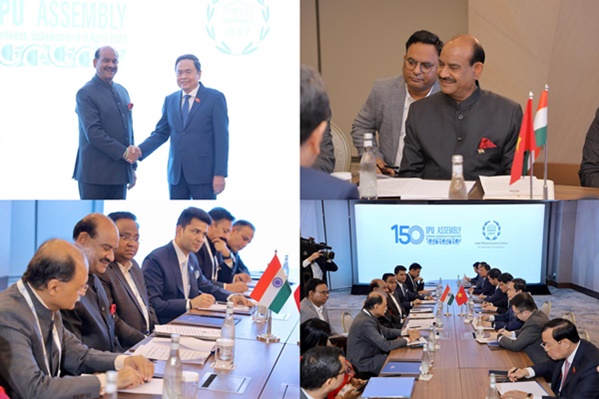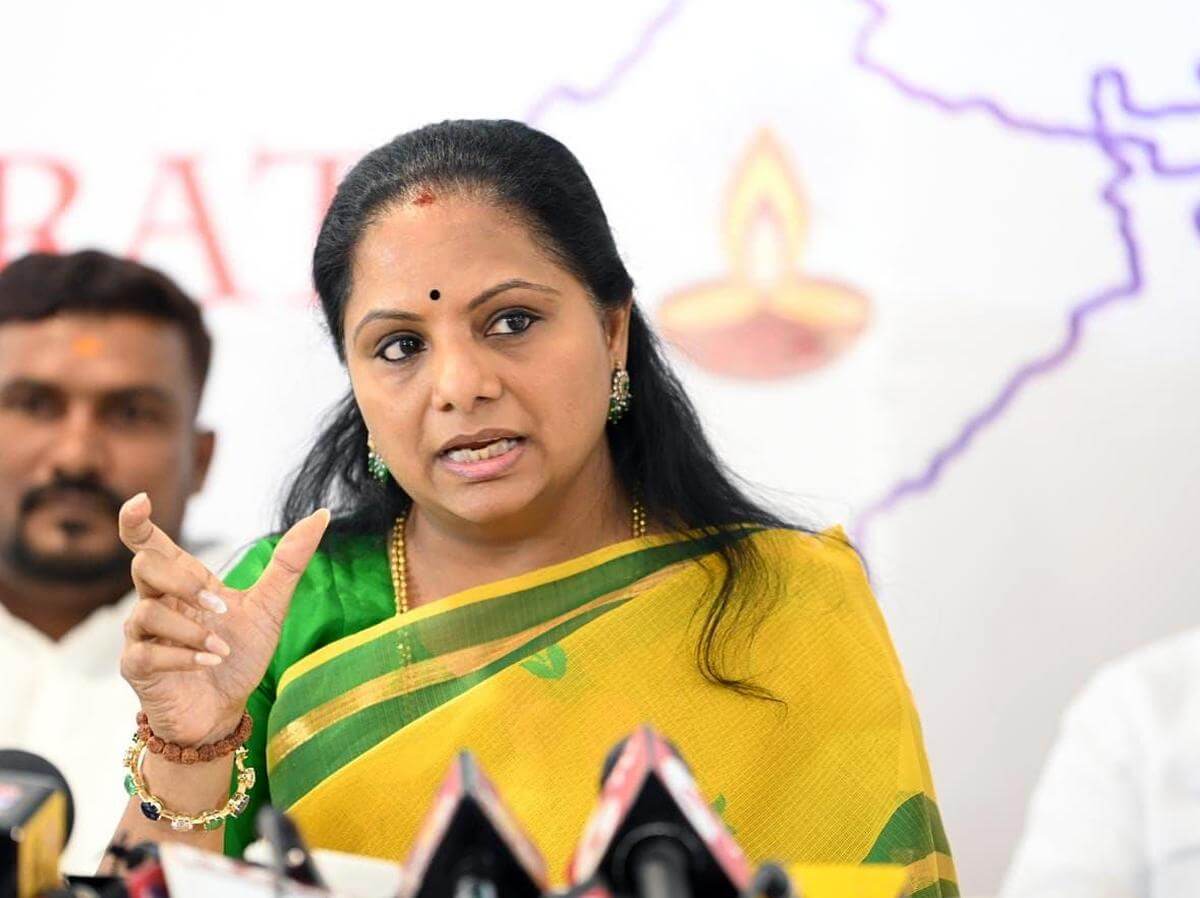61% Indians aged 45-plus want to retire in next 5 years: Survey
Mon 01 Feb 2016, 10:33:40

Nearly 61 per cent working population in India aged 45 plus want to retire in the next five years, with the majority saying work-related pressure is affecting their mental and physical health.
Also, financial constraints are the biggest reason for those unable to retire, an HSBC survey revealed.
Global bank HSBC's latest edition of 'The Future of Retirement Healthy New Beginnings study' found that 61 per cent of the working population in India aged 45 plus want to retire in the next five years.
However, 14 per cent of them believe they will be unable to do so. Majority of them said they cannot retire as they would struggle financially.
The findings of the study bring out an urgent need for Indians to begin saving early and planning well for their retirement, the survey said.
The report also revealed that in India, 43 per cent would like to retire in the next five years to spend more time with their family. Others want to travel and pursue other interests (34 per cent) or pursue another career or voluntary work (20 per
cent).
cent).
However, 59 per cent cited work related pressures and issues as the reason for wanting to retire.
The report also revealed that 27 per cent of pre-retirees aged 45 plus who would like to retire say it is because work is having a negative impact on their mental and physical health, 40 per cent of pre-retirees believe that poor health will make saving for their retirement more difficult.
"People worldwide are recognising that retirement can be an opportunity for reinvention and new beginnings. Yet financial barriers are preventing many people from retiring when they would like to - or, in some cases, at all. Almost one in five people fear that they will never be able to retire fully, so the need for sound financial planning is stronger than ever," HSBC India Head of Retail Banking and Wealth Management S Ramakrishnan said.
On the global front, the survey of more than 18,000 people across 17 countries worldwide found that the desire to retire is the strongest in Argentina (78 per cent), France (77 per cent), China (75 per cent) and the UK (75 per cent).
No Comments For This Post, Be first to write a Comment.
Most viewed from Specials
Most viewed from World
AIMIM News
Latest Urdu News
Most Viewed
May 26, 2020
Do you think Canada-India relations will improve under New PM Mark Carney?
Latest Videos View All
Like Us
Home
About Us
Advertise With Us
All Polls
Epaper Archives
Privacy Policy
Contact Us
Download Etemaad App
© 2025 Etemaad Daily News, All Rights Reserved.










































